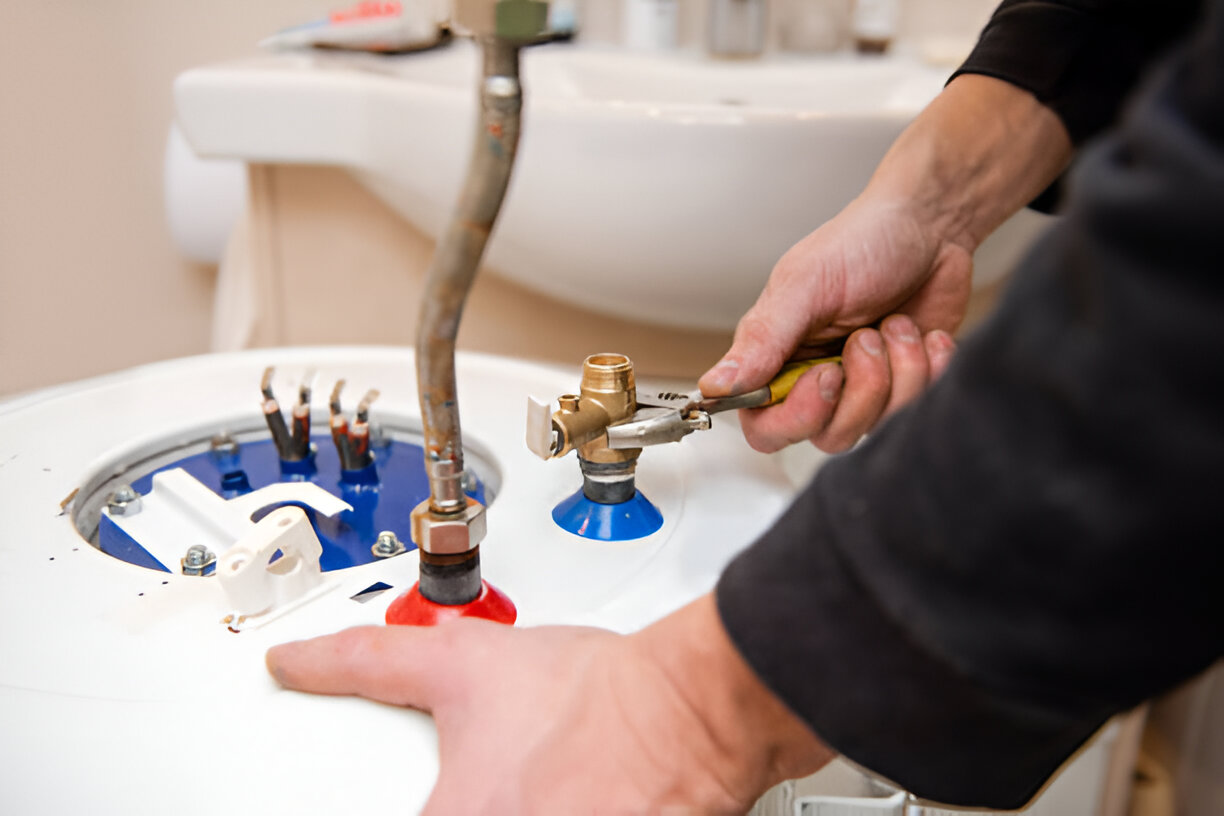
Heating Replacement in Manheim, PA
Winter in Manheim can be unforgiving: long heating seasons, damp cold in older masonry homes, and fluctuating energy prices all make a reliable, efficient heating system essential. If your furnace struggles to hold temperature, your boiler shows repeated failures, or your heat pump no longer keeps up, a full-system heating replacement can restore comfort, lower monthly bills, and reduce service interruptions.
Why replace your whole heating system now
- Older equipment loses efficiency and reliability. Systems beyond their expected life increase breakdown risk during the coldest weeks in Manheim.
- Safety and indoor air quality concerns arise with aging combustion systems. Cracked heat exchangers and poor venting are common hazards.
- New high-efficiency systems significantly reduce energy use and can stabilize monthly heating costs over time.
- Replacing the full system enables right-sizing and modern controls, improving comfort and reducing uneven heating in older Lancaster County homes.
Common heating replacement types for Manheim homes
- Furnaces (gas, oil, or electric): Most Manheim homes use furnaces. Modern high-efficiency gas furnaces offer higher AFUE ratings and better modulation than older units.
- Boilers (steam or hot water): Popular in homes with radiators or hydronic baseboard heating. New boilers deliver tighter temperature control and improved combustion efficiency.
- Heat pumps (air-source or cold-climate): Increasingly common for year-round heating and cooling in Lancaster County. Cold-climate models can perform well in Manheim winters and often qualify for incentives.
- Hybrid systems: Combining a high-efficiency furnace with a heat pump can optimize comfort and cost across seasons.
How we assess your existing system
A thorough, professional assessment avoids mismatched equipment and costly callbacks. Key diagnostic steps include:
- Home heating load calculation (Manual J) to determine the right system size for your home.
- Ductwork inspection and leakage testing to identify airflow losses common in older Manheim houses.
- Combustion and venting safety checks for furnaces and boilers, including heat exchanger inspection.
- Hydronic system evaluation for boilers: pump condition, controls, and radiator balance.
- Refrigerant charge and defrost performance checks for existing heat pumps and assessment of outdoor unit placement for Manheim winters.
- Energy use review to estimate current seasonal costs and projected savings after replacement.
Energy-efficiency comparisons and what they mean
- Furnaces and boilers: Efficiency is measured by AFUE. Replacing an older 70-80% AFUE unit with a 90%+ AFUE model can reduce fuel consumption noticeably.
- Heat pumps: Rated by HSPF and SEER for heating and cooling efficiency, with cold-climate models showing strong performance in lower temperatures. Heat pumps often deliver the most electric-based efficiency gains.
- Lifecycle and payback: New systems cost more up front but reduce operating costs and repair frequency. Expected lifespans vary: furnaces 15-20 years, boilers 15-30 years (depending on type), and heat pumps 10-15 years. Selecting the right technology for your home and usage patterns in Manheim influences long-term value.
Removal and installation steps
Replacing a heating system is a coordinated process designed for safety, code compliance, and minimal disruption:
- Pre-install planning: final equipment selection based on load calculations and duct/hydronic condition.
- Permits and code checks required by local Manheim/Lancaster County codes.
- Safe decommissioning and removal of the old equipment, including proper disposal of oil tanks or refrigerants when applicable.
- Ductwork modifications or new duct sealing to match the new system’s airflow needs.
- Precise installation of new furnace, boiler, or heat pump with correct venting, electrical hookups, and condensate drainage.
- System commissioning: testing combustion efficiency, refrigerant charge, thermostat calibration, and safety controls.
- Customer walkthrough explaining operation, maintenance items, and expected performance.
Available rebates, incentives, and financing options
Homeowners in Manheim may qualify for multiple incentives:
- Federal tax credits and local utility rebates for high-efficiency heat pumps, furnaces, and insulation upgrades.
- State or utility-sponsored programs reduce upfront cost for qualifying equipment or income levels.
- Manufacturer and third-party financing programs spread investment over time, easing budget impact for a whole-home replacement.
When planning replacement, factor incentives and financing into total ownership cost to optimize long-term savings.
Projected savings and comfort improvements
- Upgrading to high-efficiency equipment typically reduces annual heating costs by double-digit percentages compared with older, low-efficiency units. Exact savings depend on fuel type, insulation, and usage patterns typical for Manheim homes.
- You’ll notice more even heat distribution, shorter recovery times after setbacks, and steadier indoor humidity and temperature control.
- Modern systems paired with programmable or smart thermostats reduce wasted runtime and allow zone control to focus energy where it matters most.
Long-term considerations and maintenance advice
- Regular maintenance preserves efficiency and extends equipment life: seasonal filter changes, annual combustion testing for gas systems, and periodic coil and refrigerant checks for heat pumps.
- Duct sealing and insulation upgrades in older Manheim houses enhance the performance of any new system.
- Consider matched system components (furnace + air handler + thermostat) to ensure warranties and peak efficiency.
- Plan replacements before a catastrophic failure; scheduled replacement avoids emergency winter outages and allows time to capture rebates.
A full-system heating replacement in Manheim, PA is an investment in comfort, safety, and long-term energy savings. With a careful assessment, right-sized equipment, proper installation, and attention to local climate and home characteristics, homeowners can expect more reliable heating, improved indoor comfort, and lower seasonal energy costs for years to come.


Enjoy flexible financing options that make upgrading or repairing your HVAC system easy and budget-friendly.










